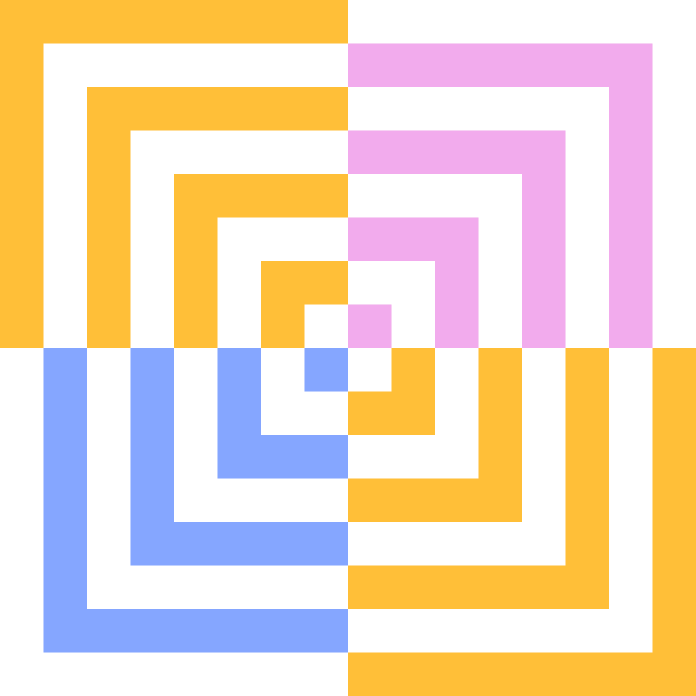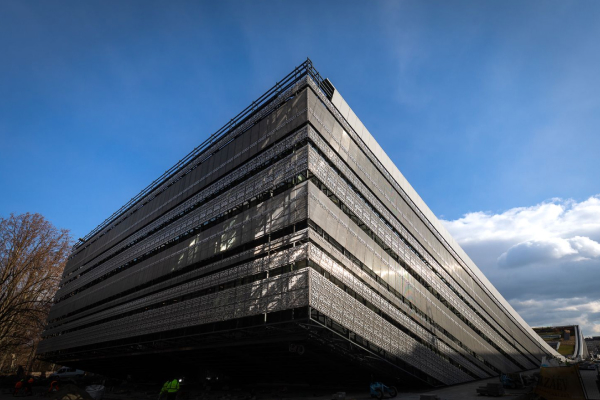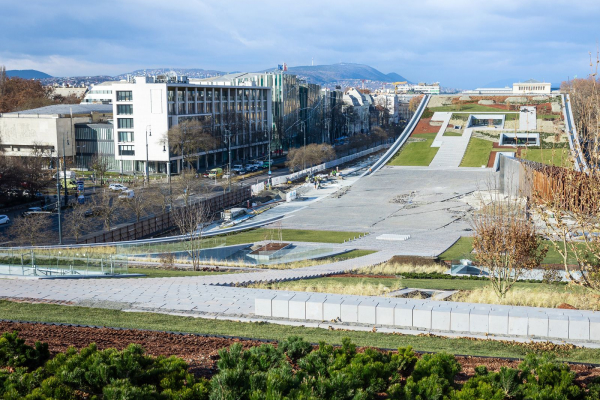Museum of Ethnography
The Museum of Ethnography in Budapest is one of the most important ethnographic museums in Europe. In addition to more than 200 000 ethnographic objects, its collection includes unique photographs, manuscripts, folk music and film recordings. Besides the priceless artefacts of Hungarian folk culture, it also houses the largest international collection in the country and is an important centre for research of contemporary culture.
The Museum of Ethnography is 150 years old
Despite its prestige and professional recognition, the first 150 years of the Museum of Ethnography were significantly influenced by the constant struggle to find a suitable building. Today, this struggle has ended in victory, as the institution will be able to move into its new home in 2022. The new Museum of Ethnography is located at the gateway to one of Budapest's oldest parks, the City Park, and was designed by Napur Architect. The two wings of the building, which support a roof garden planted with a variety of plants, rise along a 1-kilometre diameter arc to the height of the surrounding trees.
The museum is about to open with a spectacular temporary exhibition entitled We have arrived, which presents a special selection of the rich collection as a cross-section. Also opening at the same time as the building is the interactive and spectacular ZOOM space, which covers more than 5,000 square metres and presents each object through a playful approach, offering a unique perspective on the museum's collection. Above the almost 7,000 square metres of exhibition space, which is located underground and houses temporary and permanent exhibitions, a bookstore, restaurant, library, archives, coworking space, visitor centre, event hall and interactive youth museum make the institution a key venue for cultural life in Budapest. A special feature is the Ceramic Space, which is open to the public free of charge and along a 40-40 metre long staircase, displays almost 4,000 ceramics from all over the world.
The crowning feature of the building is the glass frontage, which is encircled by a metal grid of almost half a million pixels, based on ethnographic motifs selected from the museum's Hungarian and international collections. The grid is a tapestry of Hungarian and universal culture that not only embraces and dresses the building but also summarises the 150-year history of the collections and the work of the Museum of Ethnography, reflecting the spirit of its work in contemporary culture.
More information: neprajz.hu




